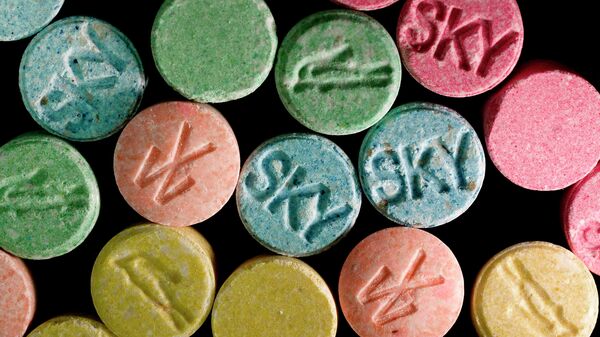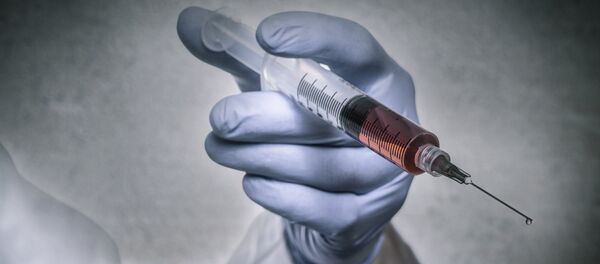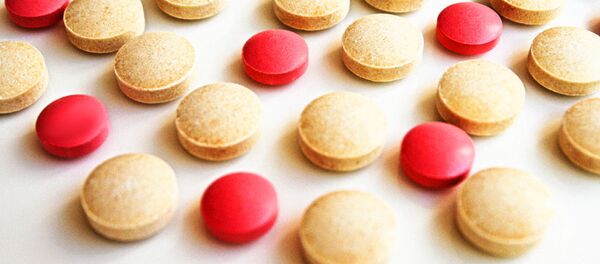Drugs like lysergic acid diethylamide (LSD), psilocybin and methylenedioxymethamphetamine (MDMA or ecstasy), which gained both popularity and notoriety starting in the 1960s, have long been considered by the dominant medical establishment to have no provable beneficial therapeutic use.
"It's been a long road — this started back in the mid-late 1990s when the [US Food and Drug Administration] started to approve some of these very early studies," said senior author Matthew W. Johnson, a professor of psychiatry and behavioural sciences at Johns Hopkins University. "It's been a cautious road, but one that's data-driven".
That said, Johnson warned that people shouldn't try and treat themselves with these drugs without careful supervision.
"These drugs need to be researched according to a strict regulatory process, the same as you would develop any drug," he said.
The revelation that a range of mental disorders could potentially be treated with the use of psychedelics has exposed the need for trials on a larger scale, in line with scientific, ethical and safety standards modern-day peer-reviewed research is known and respected for, the scientists believe.
"More and more people are becoming interested and even jumping into the field to start trials themselves," Johnson said.
The use of psychedelics could also be convenient cost-wise these days when economy is sought in medical care, according to the study team.




